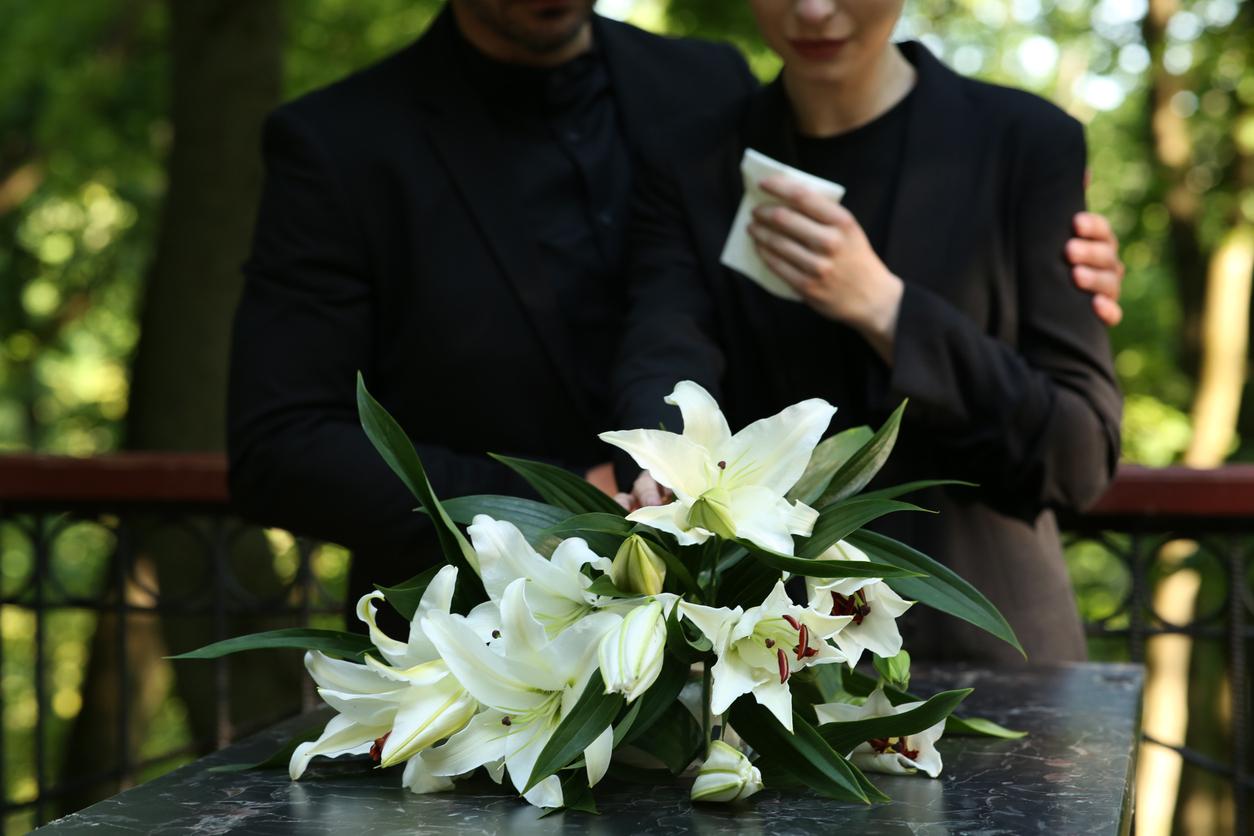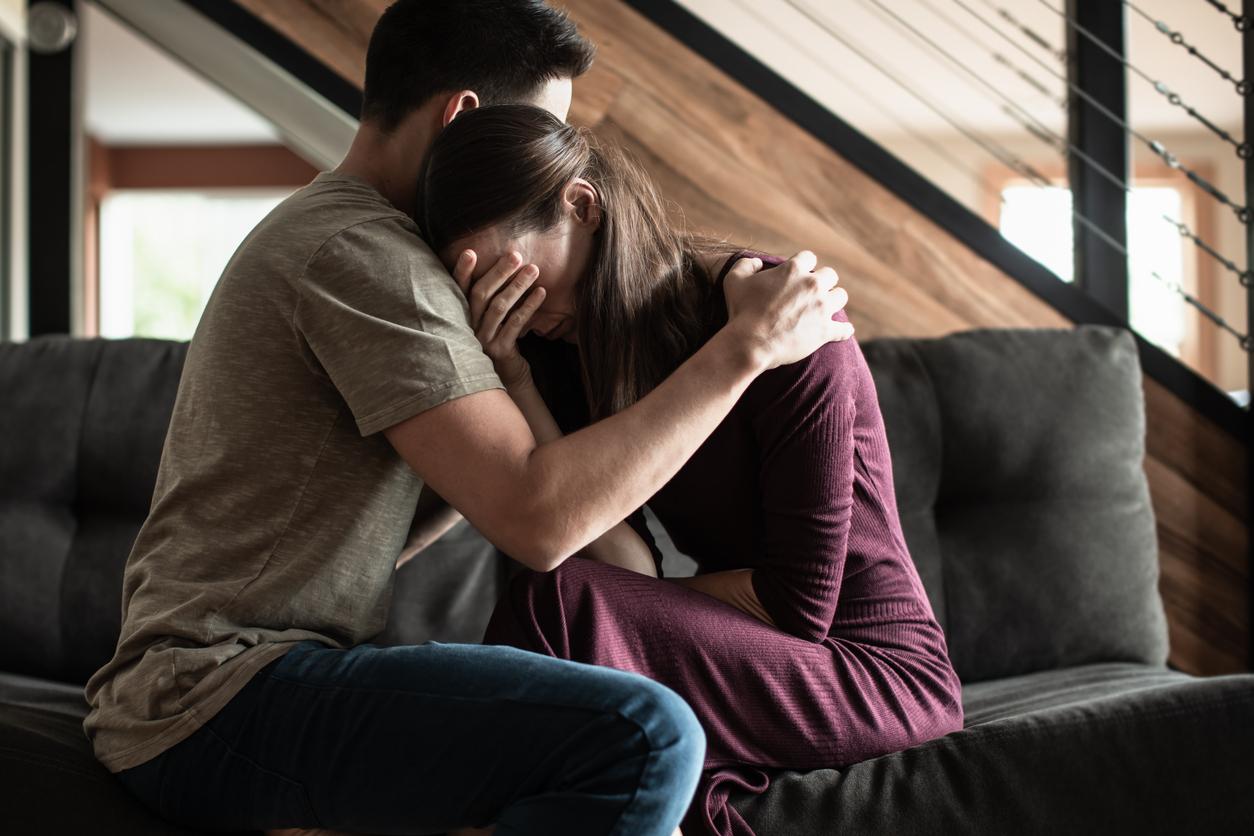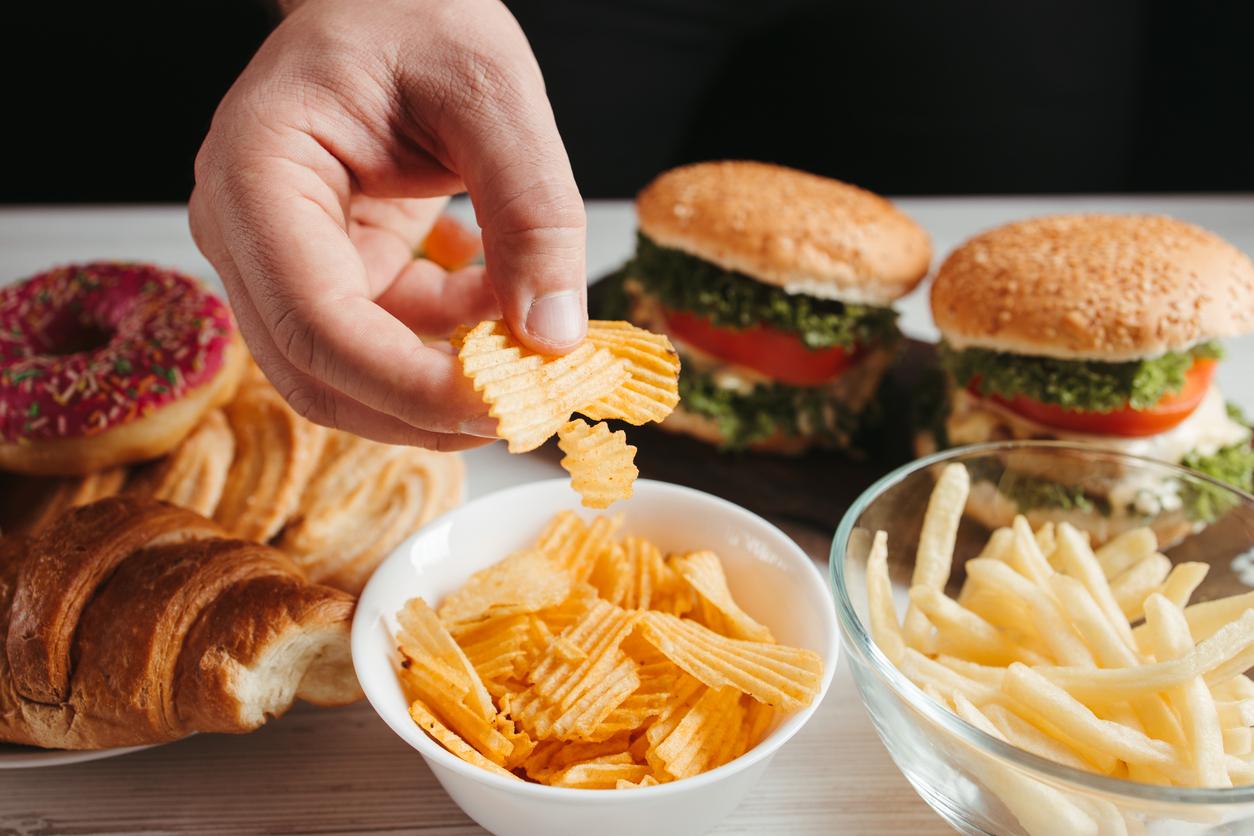Sister, father, aunt, grandmother, son… People who have lost a loved one show signs of an older biological age.

- In a recent study, nearly 40% of participants lost at least one loved one in adulthood, between the ages of 33 and 43.
- Participants who lost two or more loved ones had a higher biological age than those who lost only one loved one or were not grieving.
- While losing a parent, sibling or spouse at any age can have lasting health impacts, the effects can be more severe during key developmental periods such as childhood or young adulthood.
Biological aging is the gradual decline in the functioning of cells, tissues, and organs, leading to an increased risk of chronic diseases. Scientists measure this type of aging using DNA markers known as “epigenetic clocks.” “Little research has looked at how the loss of a loved one at different stages of life affects these DNA markers,” said Allison AielloMD, and professor specializing in longevity at Columbia University (USA). This is why she and her team conducted a study to verify the associations between the loss of a parent, sibling, child, partner or spouse and accelerated biological aging.
Aging: Losing more than two loved ones is linked to higher biological age
As part of the work published in the journal JAMA Network Openthe researchers used data from 3,963 people from a national longitudinal cohort on the health of American adolescents and adults. Participants were recruited from 1994 to 1995 and followed until 2018 to assess the loss of a loved one during different periods of their life (childhood, adolescence, adulthood). During the follow-up, the volunteers had to provide a blood sample, because biological aging was assessed from DNA methylation in the blood using epigenetic clocks.
According to the results, nearly 40% of adults had lost at least one loved one during adulthood, between the ages of 33 and 43. Losing a parent was more common in adulthood than in childhood and adolescence (27% versus 6%). A greater proportion of black (57%) and Hispanic (41%) participants experienced bereavement compared with Caucasian volunteers (34%). The authors found that adults who had lost two or more loved ones had a higher biological age, according to several epigenetic clocks, than people who had lost only one loved one or were not bereaved.
“Certain stages of life may be more vulnerable to health risks associated with loss”
“The link between the loss of a loved one and health problems throughout life is well established. But certain stages of life may be more vulnerable to the health risks associated with loss, and the accumulation of losses appears to be an important factor,” “For example, losing a parent or sibling early in life can be very traumatic, often leading to mental health issues, cognitive impairment, higher risks of heart disease and a greater likelihood of dying earlier,” said Allison Aiello.
“We don’t yet fully understand how these losses lead to poor health and higher mortality, but biological aging may be one mechanism suggested in our study. Future research should focus on finding ways to reduce disproportionate losses among vulnerable groups. For those who experience loss, providing resources to cope and process the trauma is essential,” concluded the team.















